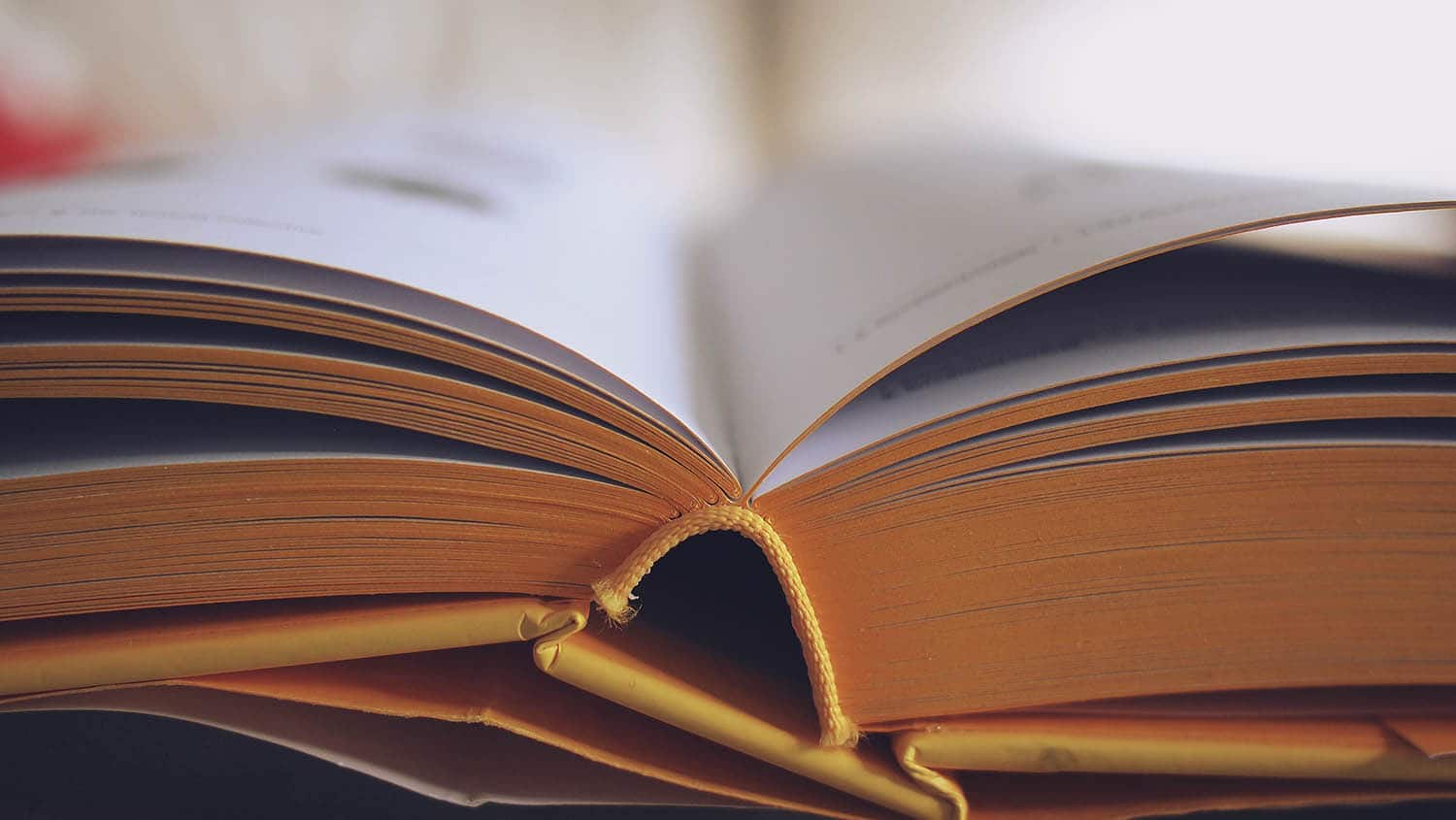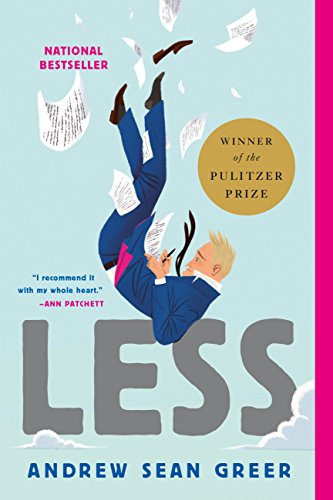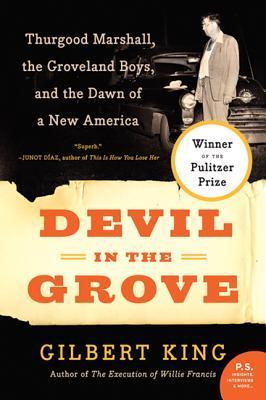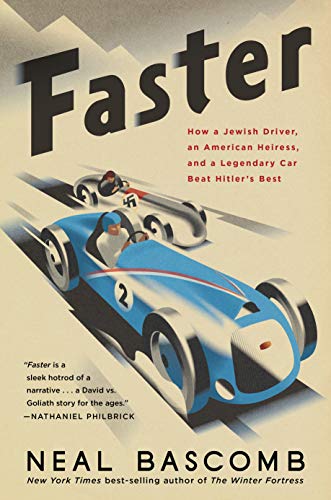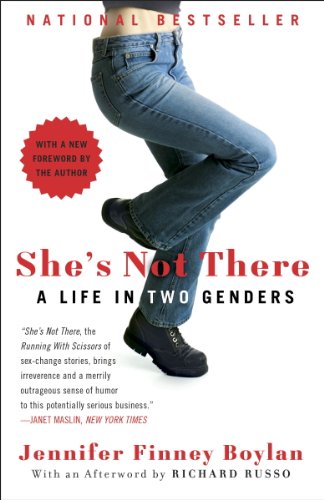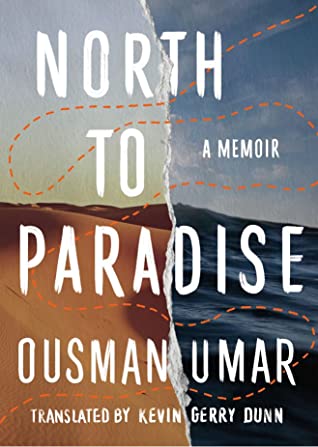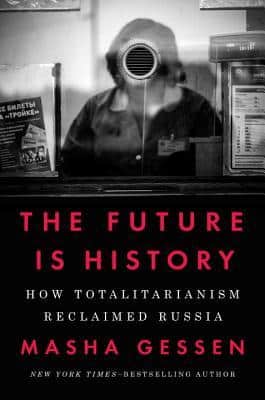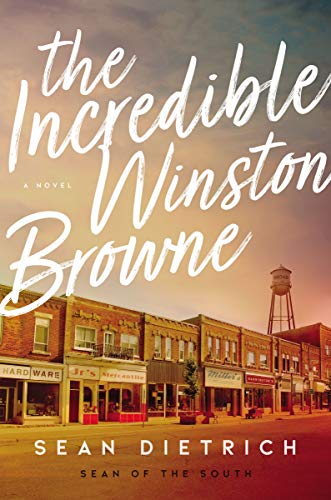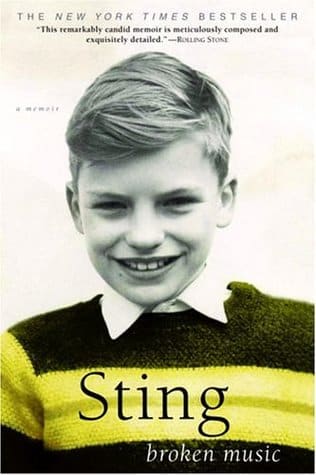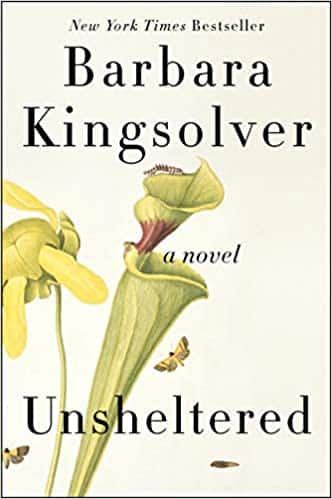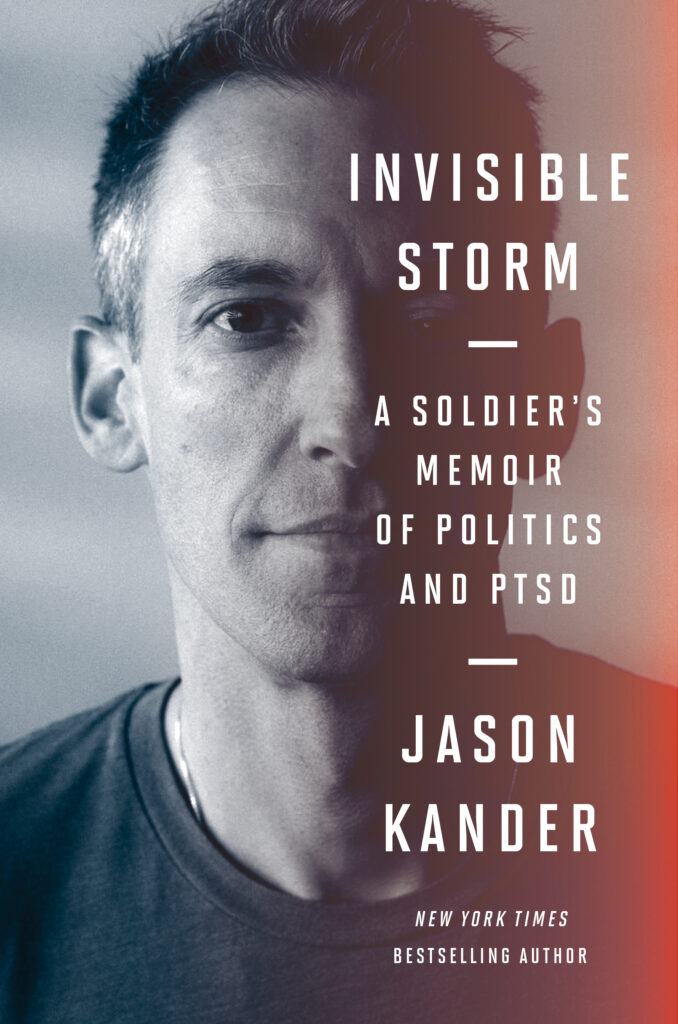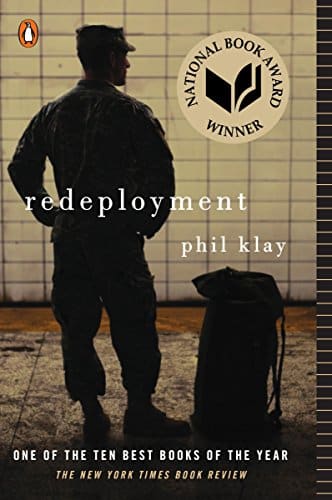Yes, maybe I’m a little more generous with my Goodreads stars than some people, but that’s fine; when I like a book, I’m happy to smack a five-star rating on it. This year I read quite a few books that I felt were worth the top grade, so here they are, in the order I read them, along with abbreviated versions of my reviews at the time. Note, for the most part, these books weren’t published in 2022, but that was when I read them.
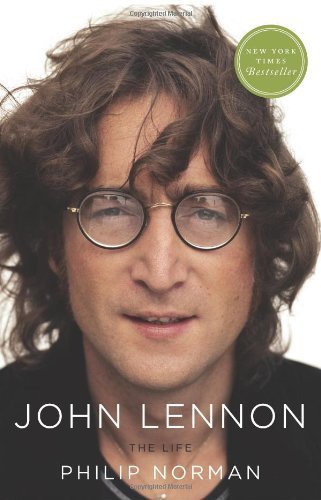
John Lennon: The Life
By Philip Norman
This was an extremely comprehensive look at Lennon’s life and career, by the author of Shout!, the history of the Beatles that we all read in the 1980s.
I give the book five stars, but I have to ding it for one thing. There were lots of clumsy attempts at foreshadowing Lennon’s eventual death. And I’m not even sure “foreshadowing” is the right word, but, for instance, early in one of the Beatles’ first trips to New York, the author describes them visiting Central Park, and says that across the park is the Dakota, and Lennon has no idea that one day he will live, and die, there. An author can get away with that one time; do it twice, and it becomes a bit much. I counted at least a dozen instances of that in this book, of Lennon’s future untimely murder looming up over something he’s doing or experiencing earlier in his life.
I thought one of the best parts of the book was the postscript, which is an interview with Sean Lennon, who, honestly, I still think of as 5 years old because that’s how old he was when his father was murdered. But of course he’s an adult now, and in the interview, his continuing pain at the untimely loss of his father seeps through every word.
Less
By Andrew Sean Greer
So this was a rarity: a comic novel that was actually funny.
It’s the story of Arthur Less, a middling author who is turning 50. A former lover—for whom Arthur is still carrying a torch—is getting married to someone else, and rather than deal with the emotions of the wedding, he schedules a series of speaking and teaching engagements that will take him around the world so he has an excuse for not attending the ceremony. Exceptionally well-written, with the exactly correct proportions of flashbacks, self-deprecation and compassion, it was a nice read.
Devil In The Grove
By Gilbert King
This was primarily the story of the trials of four black men falsely accused of raping a white woman in Groveland, Fla., in 1948, with the NAACP stepping up to the defend the men and the KKK fighting alongside Lake County’s corrupt sheriff, Willis McCall, to kill them as quickly as possible and by whatever means possible. It’s also the story of Thurgood Marshall’s rise in the NAACP and its associated Legal Defense Fund, fighting this case—and others like it—in criminal courts while simultaneously working on anti-segregation cases that would ultimately become Brown vs. Board of Education.
This is one of those books that is well-researched and well-written, but difficult to read.
Faster
By Neal Bascomb
Faster is a history of Grand Prix racing in the 1930s. Grand Prix is centered in Europe, of course, and Europe was getting ready to explode into another world war. Hitler saw the propaganda benefits (as well as the war-readiness benefits) of having a strong automobile manufacturing/racing program, so he poured money into the Mercedes and Auto Union teams, and the Germans looked unbeatable in the late 1930s. But a French manufacturer, backed by an American millionaire and with a Jewish driver, set out to beat the Germans, and the result is a fascinating read about both the rise of fascism in Europe and the continent’s passion for motor sports.
This is the second Neal Bascomb book I’ve read; the other was The Perfect Mile, a similarly gripping account of the quest by Roger Bannister and others to run the first sub-four-minute mile.
She’s Not There
By Jennifer Finney Boylan
Despite the subject matter, which borders on the tragic at times, this book packs a lot of laughs. It’s the memoir of Jennifer Boylan, who for the first half of the book is Jim Boylan. Jim Boylan was a creative writing professor at Colby College in Maine, along with Richard Russo, who, in the course of the events described in the book, gained national fame and a Pulitzer prize for his writing. (Russo is one of my favorite authors and it was actually through his work that I found this book.) Russo is a main character in this memoir, and the comic interplay between then provides much of its life.
As I said, though, there’s much that’s tragic about this book; in the first half, Boylan is struggling to survive as a woman stuck in a man’s body. In the second half, we can see the effects of the transition on his wife, who, although they stayed together, lost her husband in the deal. It’s a good read, especially in these times when gender identification issues are so widely argued and so narrowly understood.
North To Paradise
By Dusman Umar
This short book is a memoir of the author’s harrowing journey, as a young teenager, from his home in the Ghana jungle to Barcelona, Spain. Relying on smugglers who may or may not be trustworthy (almost always not) to get across first the desert and then the ocean to Spanish territory, Umar successfully reaches “the Land of the Whites,” but only by virtue of a great deal of luck; many of the people he meets along the way don’t survive the journey.
The book is a quick and interesting read, both about the journey and the life he makes for himself once he reaches Spain. For me, someone who’s always been sadly ignorant of Africa’s geography, it was a nice education, and I now have a much clearer idea of the northwestern part of the continent.
The Future Is History: How Totalitarianism Reclaimed Russia
By Masha Gesson
A bit of a thick read, this one, but interesting and enlightening. Subtitled “How Totalitarianism Reclaimed Russia,” it’s the story of recent history of the USSR/Russia, how it moved toward democracy in the late 20th century, and then fell back into totalitarianism in the early 21st century. The book does so by following the lives of several Russians from different backgrounds who came of age as democracy was on the rise, only to see their hopes for a free Russia fade under Vladimir Putin.
The Incredible Winston Browne
By Sean Dietrich
This was my introduction to Sean Dietrich, also known as “Sean of the South.” Read the cover blurbs and descriptions and reviews, and you’ll see the phrase “heart-warming” a lot. And it’s true, it is a heart-warming story, about a pillar-of-the-community small-town sheriff in Moab, Fla., who learns he has cancer, and decides to make the most of his remaining days. But it turns out to be a great story, too, well-plotted with even a big helping of major-league baseball thrown in.
Broken Music
By Sting
I’ve had this book for a while and only got around to reading it this year. It was not your typical rock-star autobiography, in that it pretty much ignores almost the entire history of the Police; instead, it’s a memoir of Sting’s (Gordon Sumner’s) early life and his career up until the Police really hit it big. I’d love to read more about the Police, which was one of my favorite bands way back when, but for that, maybe I’ll need to wait to read the memoirs by the other two members, Andy Summers and Stewart Copeland. I actually have both of those books, so stay tuned.
Unsheltered
By Barbara Kingsolver
This book has two settings; the 1870s and the mid-2010s. The two main protagonists exist on the same piece of property in the two very different eras, and yet face a few of the same issues, both in their family life and in the surrounding community and society.
Barbara Kingsolver quickly became one of my favorite authors when I read Flight Behavior. I’ve now read four or five of her books and while this one isn’t my favorite (that would be Prodigal Summer), it’s still definitely worth five stars.
What she really does well—in addition to writing about nature, which is her forté—is convey how a conversation works. It’s much more than dialogue, of course. She captures what happens in between the spoken lines, so you know why a character says what she says, and can register the emotions or surprise that she feels when the other character speaks. That’s probably the secret of writing dialogue, for any author, but it really struck me in this book how well Kingsolver pulled it off.
Invisible Storm
By Jason Kander
Many will remember Jason Kander as the former Missouri secretary of state who ran against and almost beat Roy Blunt for Senate in 2016. After that loss, he still was considered a national political up-and-comer, and was thinking about a run for president. But this memoir isn’t about politics, but instead it’s about the reason he ended up pulling back from a political career: namely a severe case of post-traumatic stress syndrome, dating back to a relatively brief stint in the Afghanistan war.
We’ve all heard about PTSD, but I’ve never read such a detailed and enlightening personal account of it. What struck me the most was his profound feeling of guilt that he hadn’t been able to do more while over there. Then, back in the U.S. after his military career was over, the only way he could fight the ongoing stress was to throw himself into his work 1,000 percent, which of course was a detriment to himself and his family; ultimately he had to pull back from his political career and seek intensive treatment. Later, he dedicated himself to making life better for fellow veterans with PTSD.
The book is a fascinating read and one of my favorites from the year.
Redeployment
By Phil Klay
This short-story collection could be a companion to Jason Kander’s book, above. Each story is either set in the Afghanistan or Iraq wars, or concerns a character who has recently returned from fighting there. Every single story packs a punch, and even though there’s a lot of military jargon, you know what’s going on all the time. I’m not usually a reader of war books, but despite the incredibly difficult subject matter, I highly recommend this collection.
My Year In Reading
I did reach my reading goals this year: 25 books and 100 short stories. (I also have a perpetual New Year’s goal to write 12 short stories in a year; as usual, I fell about a dozen short on that one in 2022.)
According to Goodreads, the books I read totaled 7,897 pages, for an average of 315 pages per book. (Longest was the John Lennon book at 851 pages, and shortest was North To Paradise at 159 pages, both listed above.)
If I had to pick one book that was my favorite from the year, I think I’d go with Redeployment. I love reading short stories, and this collection—despite the subject matter—was just about perfect, with every story hitting home.
Books From The Teens (Update)
In 2022 I was able to cross six books off of my Books from the Teens list. As you might recall, this is a list of 50 books that received Pulitzer Prizes or American Book Awards in selected categories in the decade of 2010-2019. My goal is to read all of them by the end of THIS decade. Of course, I’m also keeping a list of prize-winners for this decade that I’m working on as well. And, for fun, I’m also targeting the prize-winning novels—but not nonfiction—from the 2000s, too.
Interestingly, these prize-winners aren’t necessarily five-star books in my Goodreads feed. Of the six award-winning “Books from the Teens” I read this year, only four made the list above (Less, Devil in the Grove, The Future is History and Redeployment).
To begin 2023, I’m reading The First Tycoon by T.J. Styles, a long biography of Cornelius Vanderbilt, which won a Pulitzer in 2010. It will be one more to cross off my list. After I finish it, I’ll still have 31 books (seven fiction and 24 nonfiction) in the “Teens” list to read before the end of 2029. I guess I need to buckle down and focus on the nonfiction more this year!

